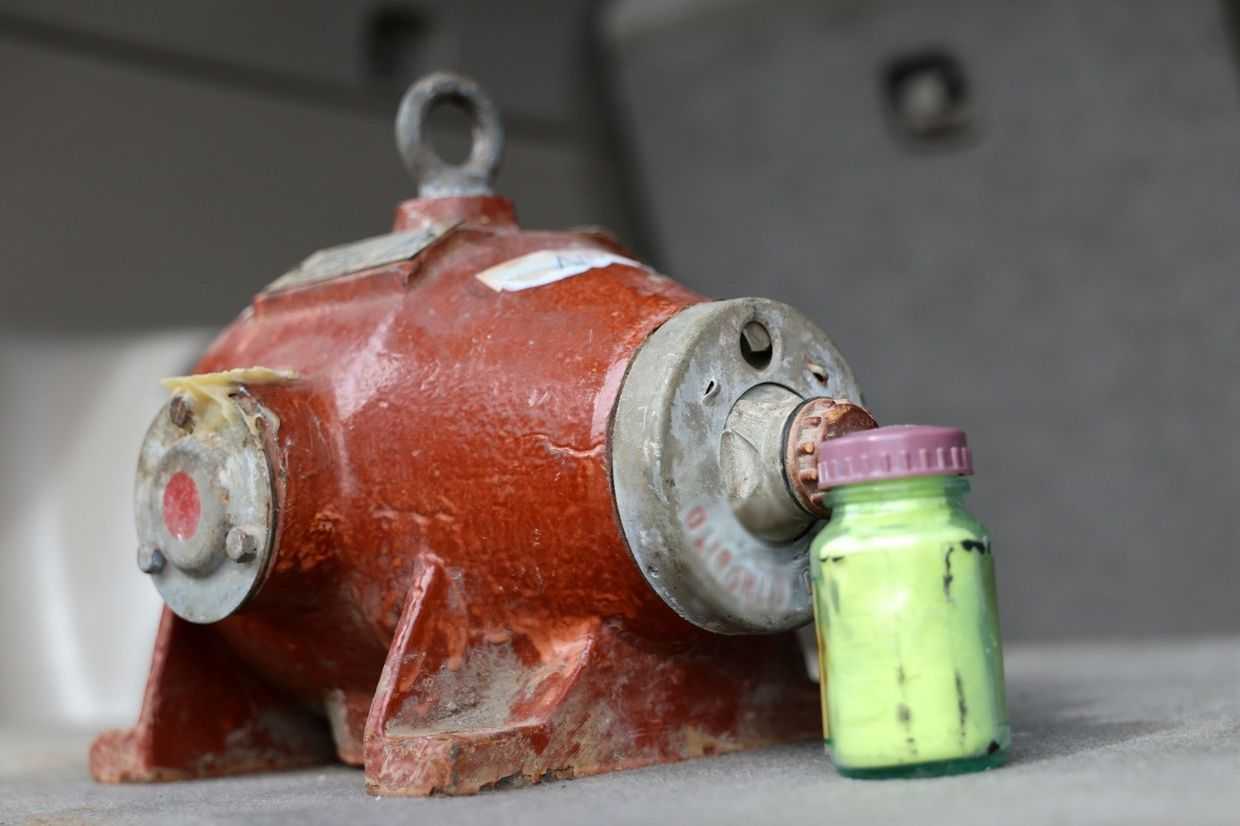
Leila Kavtarova, a Russian–French native of the Pankisi Valley, has been barred from entering Georgia and held at the Kutaisi Airport since Monday.
Kavtarova, 23, flew into Georgia from France with her child.
Upon arrival in Kutaisi, Kavtarova and her child were barred from entering the country by the Georgian border police.
‘They took my passports […] I asked why they wouldn’t let me in, but they didn’t answer. I was told that the flight is on 18 [March] and I can fly back […] they don’t explain anything to me’, she told TV channel Mtavari, adding that all her documents were in order.
Kavtarova told Mtavari that she had previously faced similar hurdles when entering Georgia.
‘The same thing happened to me in September. I was stopped at the airport when I arrived in Georgia’, Leila recalled. ‘I was at the airport for three days. They took the phone and told me that it was not possible to call from here’.
‘Even now, I’m afraid they will arrest me’, she said during the interview.
OC Media attempted to contact Kavtarova for comment, but her phone was disconnected.
Kavtarova, who is a Russian–French national, originally hails from the Pankisi Valley in eastern Georgia — a region primarily inhabited by Kists, a Chechen sub ethnos.
On Thursday, several dozen Kists demonstrated in support of Kavtarova in the village of Duisi. They demanded that the Public Defender step in to resolve the issue with the government, and threatened further demonstrations should authorities not allow Kavtarova into the country.
Sulkhan Bordzikashvili, a civil activist and journalist from Pankisi, said that Kists often faced problems on the border.
‘In [Georgia], the label of terrorism has been attached to the people of Pankisi’, Bordzikashvili told OC Media.
‘We have been marked as a threat by the State Security Service […]. Any move, any protest, or displeasure expressed publicly can become a reason for not letting a person into the country.’
Bordzikashvili said that, despite being a Georgian national, he also had faced difficulties crossing into Georgia.
‘When I enter the country, even if I go to the border guard first, they will let everyone pass [before I do], and finally, they will give me the right to enter the country, even though they know very well that by law they have no right to deny me entry, but it still happens’, said Bordzikashvili.
Bordzikashvili said that people went out to demonstrate in support of Kavtarova in Duisi because they are ‘tired of being treated like second-class citizens’.
‘The situation must change, and the state must perceive the people of Pankisi as full-fledged citizens and not as walking threats’, he added.
The Ministry of Internal Affairs did not respond to a request for comment.









